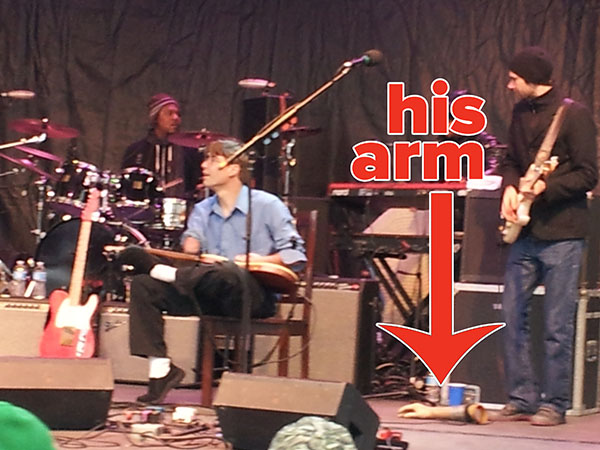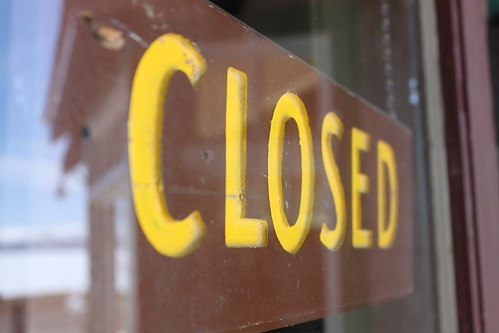I sat down today to write a thing about Mel Brooks. Now, up front you should know:
1. I love Mel Brooks.
2. There isn’t a week that goes by where I don’t quote one of his movies. When will then be now? Light speed’s too slow! Who dares give me the raspberry? (And those are just the Spaceballs quotes!)
So when a new Mel Brooks special came on HBO, I made some time for it. It’s fantastic, and it closes with Mel singing the title song from “The 12 Chairs.” (You can/should watch it here.) The opening verse goes:
Hope for the best
Expect the worst
Some drink champagne
Some die of thirst
No way of knowing
Which way it’s going
Hope for the best
Expect the worst
It’s just a perfect Mel Brooks thought, and anyone who’s ever worked on something big knows the feeling. Before you go in on anything big — a project, a book, a company — sometimes it works out, and sometimes, shit happens!
That’s just how it goes. You do what you can, and you surround yourself with great people — and then you hope for the best.
Anyway, I sat down to write something longer about this — about how perfectly it captures what doing the work is all about, and what it means to go through this life — and then the chair I was sitting in broke. The back of it just snapped in half.
I sit down to write something about how life is funny, and then life goes and almost knocks me literally onto my ass.
You’re right, Mel. Life really is funny like that.



